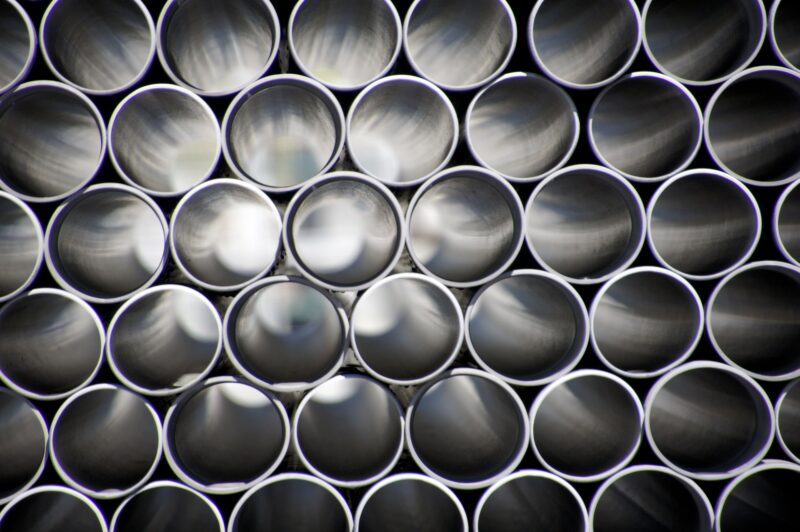El departamento de Geografía y Gestión Ambiental de la Universidad de West England, Reino Unido, presenta una mirada de cómo los retos en términos de sustentabilidad se convirtieron en un impulsor determinante para el fortalecimiento de la industria del PVC.

Intense campaigning pressure on the UK polyvinyl chloride (PVC) sector up to the late 1990s forced strategic engagement with sustainable development. Simplified outcomes from a detailed, consensus-based analysis by science-based NGO The Natural Step (TNS) took the form of five TNS sustainability challenges for PVC published in 2000. UK manufacturing companies initially used these challenges to direct strategic progress. The challenges have since been progressively taken up across European PVC value chains. The VinylPlus® program uses an updated version of the five challenges as a basis for voluntary commitments and transparent auditing of progress against published targets. Initial framing of the five TNS sustainability challenges for PVC was drafted consciously for generic relevance to other materials. Assessing the sustainability performance of some alternative materials to PVC against the five sustainability challenges reveals different sustainability performance in a range of potential applications. This highlights the danger inherent in automatic selection or deselection of materials in the absence of assessment of options on a “level playing field” of sustainability principles. The five TNS sustainability challenges for PVC remain valid today and into the longer-term future as a basis for making stepwise, profitable progress toward the goal of sustainability for PVC and other materials.
J. VINYL ADDIT. TECHNOL., 26:390–402, 2020. © 2019 The Author. Journal of Vinyl and Additive Technology published by Wiley Periodicals, Inc. on behalf of Society of Plastics Engineers.
Leer el artículo en PDF a continuación:



Deja una respuesta